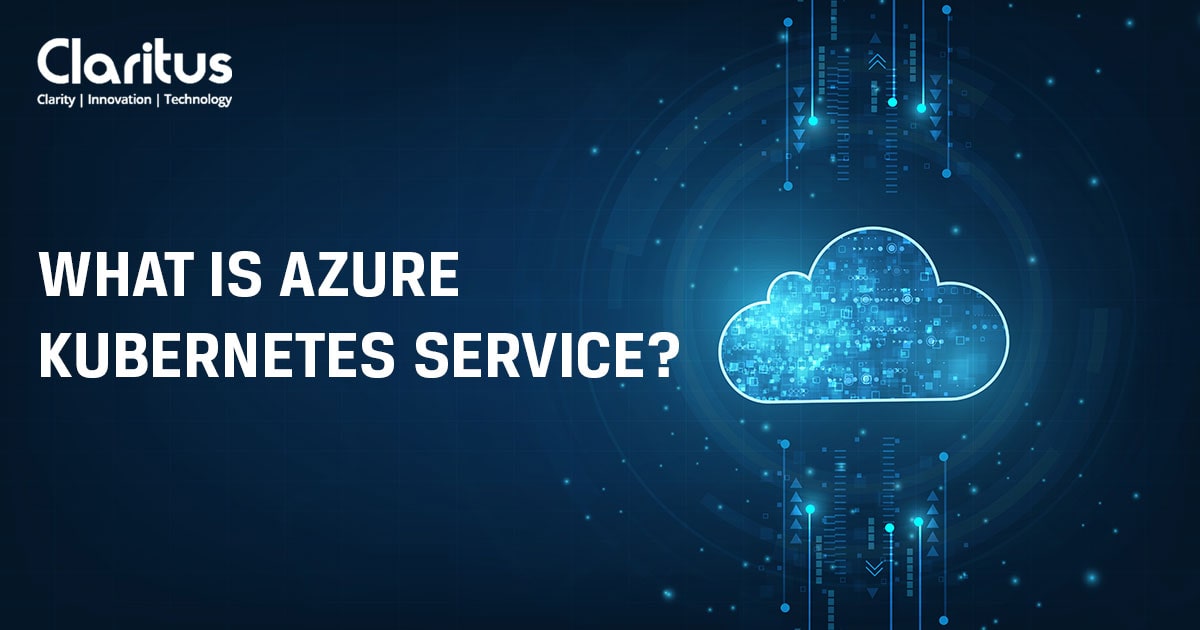What is Microsoft Azure Kubernetes Service?

Introduction to Microsoft Azure Kubernetes Service
Available since June 2018, Azure Kubernetes Service (AKS) is a managed container orchestration service. It’s the latest line of action that is swiftly becoming the standard technique for handling cloud native applications in a production environment. It is based on the open source Kubernetes system of Microsoft Azure Public Cloud.
The service is ideal for organizations that are in need of managing vital functions like employing, scaling and running container dependent applications in a cluster environment. These can be done with regard to requirement and demand, sans any downtime in the Kubernetes cluster. It also merges natively with various Azure services, and there is no need to worry about accessibility of the clusters, auto scaling or patching the underlying Virtual Machines. A profound knowledge or proficiency in container orchestration is not required to manage AKS. Right now, its service competes with Amazon Elastic Kubernetes Service (EKS) and Google Kubernetes Engine (GKE).
Features of Microsoft Azure Kubernetes Service
1. A combination of Nodes and Clusters is readily available. The backup functions of AKS are run on single and clustered nodes of Kubernetes. The node pools have clusters of nodes that can be combined, sorted, organized and set up with similar settings like the services offered by these clusters. The nodes can be scaled up and down as per requirement.
2. A seamless integration of tools takes place. Creative tools that belong to AKS tool suite can be merged with the development workflow to provide a swift and consistently smooth development experience to the programmers. It supports automated development within containers and conforms to international software development criteria.
3. Good workload management is observed. Enhanced monitoring is facilitated, as all sorts of workload management inherent in the AKS environment can be integrated and engineered inside containers.
4. There is Role-Based Access Control (RBAC). Here, using an Azure Active Directory (AD) authentication token, one can sign in to AKS cluster. After authentication, the built in Kubernetes RBAC can be used to gain access to cluster resources and namespaces centered on the identity and group membership of the user. Through AD and RBAC, the security and permissions structure can be significantly enhanced.
Benefits of Microsoft Azure Kubernetes Service
1. Resource utilization is superior. Since resource is costly, it becomes absolutely mandatory to carefully observe resource requirements and distributions with respect to cloud. With AKS, it’s easy to deploy and manage containerized applications. AKS permits to elastically offer more resources without managing the Kubernetes infrastructure.
2. Security and compliance are taken care of. The unification of Azure with Azure Active Directory provides a service when needed or asked for, to lower cyber threats and risks. AKS is also fully compliant with regulatory criteria like, System and Organization Controls (SOC), Health Insurance Portability and Accountability Act (HIPAA), International Organization for Standardization (ISO) and Payment Card industry Data security Standard(PCI DSS).
3. It facilitates faster End-to-end development and Integration. AKS significantly brings down maintenance costs by automating updates, repairing, scaling and monitoring. This process accelerates development and integration. AKS also minimizes the debugging time, so developers can focus on building apps instead of bug-fixing.
4. Agile Project Management is supported. AKS is compatible with Agile and offers Continuous Integration (CI), Continuous Delivery/ Deployment (CD) and DevOps. Therefore, faster product delivery and faster updates are easy and quite feasible.
Conclusion
AKS is a strong and effective service for operating containers in the cloud. Most importantly, it requires payment only for the Virtual Machines and various resources consumed and not for AKS itself. Logically, it seems like a rational idea and one can surely go for it.
